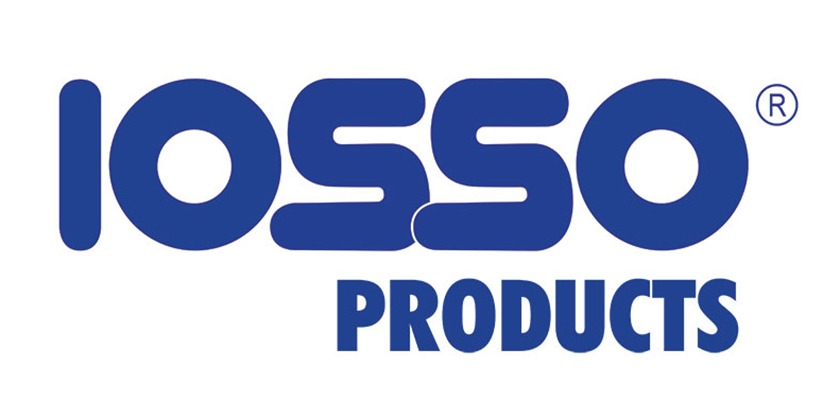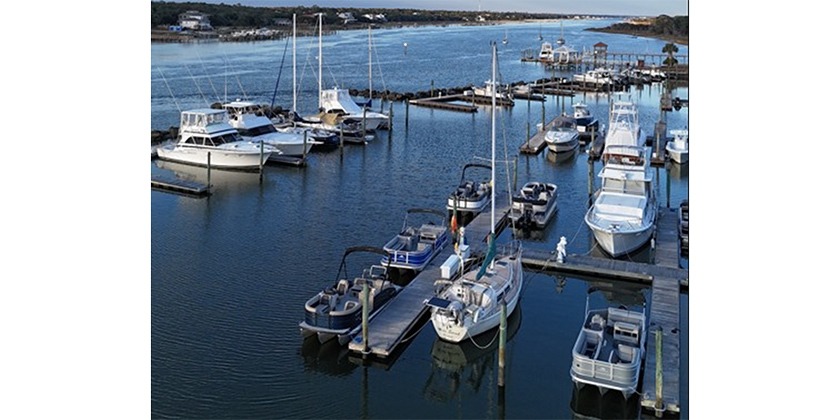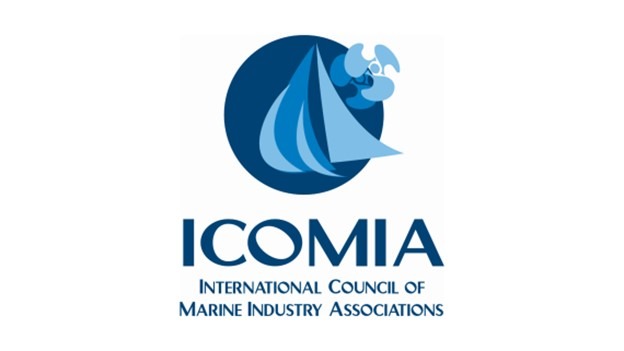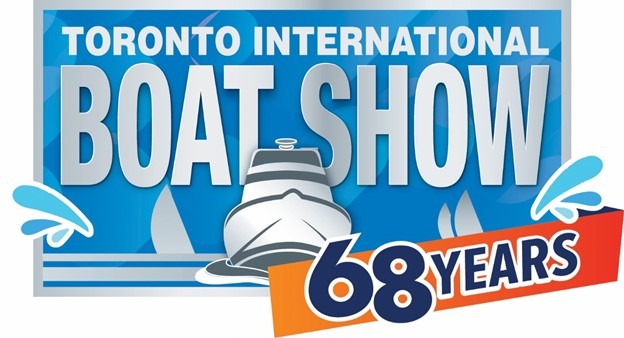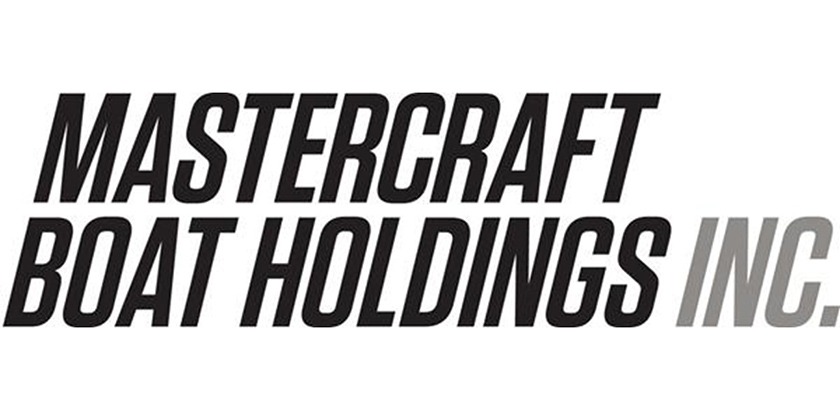NMEA Cautions Dealers About New Standards for DSC-Equipped VHFs
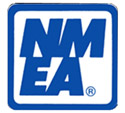
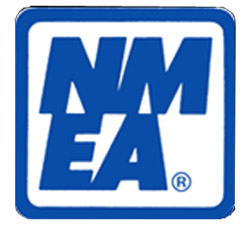 An amazing 90% of distress calls reaching the US Coast Guard from DSC-equipped VHF radios are not properly connected to GPS information and approximately 60% do not have properly registered MMSI information according to a letter sent to the NMEA by R.E. Day, Rear Admiral, United States Coast Guard.
An amazing 90% of distress calls reaching the US Coast Guard from DSC-equipped VHF radios are not properly connected to GPS information and approximately 60% do not have properly registered MMSI information according to a letter sent to the NMEA by R.E. Day, Rear Admiral, United States Coast Guard.
Of course, the Coast Guard cannot respond to a call broadcast with no position or vessel identification information.
As a response, on March 25, 2011, the Federal Communications Commission (FCC) prohibited the manufacture, importation, sale and installation of fixed-mount (non-portable) digital selective calling (DSC)–equipped marine radios that do not meet certain new requirements. It is important to note that the FCC action does not affect previously installed radios that meet the old RTCM Standard SC-101.
In forewarning the marine industry about this action last year, the Coast Guard said, “Compliance with these new international technical standards ensures that DSC-equipped radios will incorporate many additional safety features and functions, including eliminating dangers associated with automatic channel switching.” The CG Safety Alert went on to explain that “New features also include provisions for making test calls, dual-receiver functionality to improve operation, and Global Positioning System (GPS) interconnection alarms designed to ensure that distress alerts include a valid and accurate position. The new requirements ensure improved detection of distress alerts, a reduction in the rate of false alarms, and reduced incessant alarming caused by DSC-equipped radios meeting the older standard.”
The FCC has identified the new standards as International Telecommunications Union (ITU-R) Recommendation M.493-11 and higher and (in the case of Class D VHF DSC equipment only) International Electrotechnical Commission (IEC) International Standard 62238. Portable DSC-equipped VHF radios must also comply with these requirements in 2015.
“Boat owners need to be aware of the change so that they don’t inadvertently purchase a VHF that does not comply with the new standards,” said NMEA President David Hayden. “Unlike some online and other suppliers that may be selling old inventory, NMEA dealers are ready to provide boaters with VHFs that comply with the latest safety and technical requirements.”
Canadian dealers and boaters should be aware that Canada has not adopted these new measures and as a result, there is a risk that radios that are no longer in compliance in the US, may be headed for the Canadian market, perhaps at discounted prices.
We suggest that dealers do their best to educate customers on these important differences and also, to ensure their DSC-equipped radios are properly connected.







